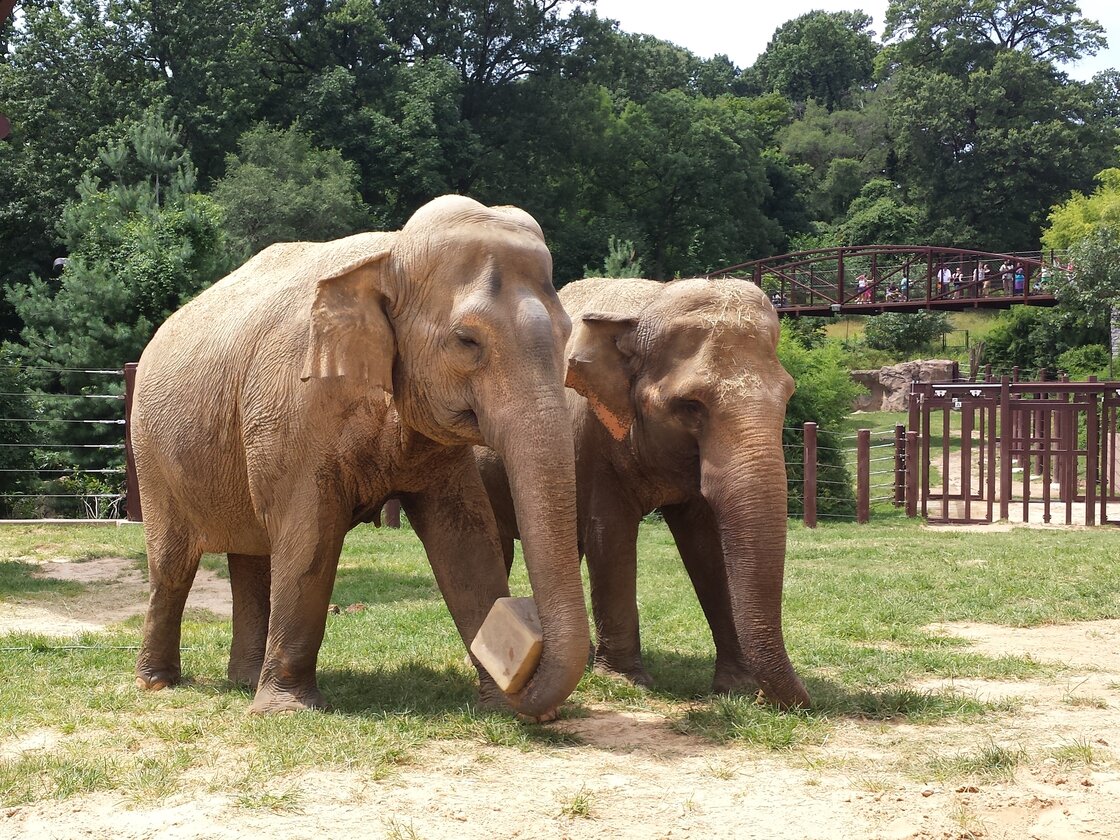"Zoo animals are different than most possessions, because zoos follow a
fundamental principle: You can't sell or buy the animals. It's
unethical and illegal to put a price tag on an elephant's head."
An interesting podcast that was sent my way! In some ways, there are two zoo economies. There is the one, by far the older (going back thousands of years, perhaps peaking in the 1800s with the big commercial animal dealers), where animals are bought and sold as commodities. It's the basis of the private zoo and aquarium industries, as well as the private pet trade. Then, there is the "new" zoo economy, which deals far less with money. Animals are exchanged among zoos as part of breeding loans or other population management goals. It allows small, financially-strapped zoos to acquire and display animals that would be far outside of their means to purchase otherwise. There are also some animals - especially among many endangered species - which cannot be bought at any price.
Many zoos and aquariums (especially in the private sector) utilize the first economy. Others use the second, especially when dealing with the accredited zoos that participate in species survival plans. Many, however, use both - some species are exchanged as parts of breeding programs, whereas others (especially non-mammals) are purchased from professional specialized breeders. Sylvan Heights Waterfowl Park, for instance, is a lovely facility open to the public, but its original purpose was to breed and sell waterfowl to other facilities.
That's enough from me... enjoy!
 Bozie, a DC elephant, and Swarna, a recent arrival from Calgary, get to know each other. (Gabrielle Emanuel/Gabrielle Emanuel)
Bozie, a DC elephant, and Swarna, a recent arrival from Calgary, get to know each other. (Gabrielle Emanuel/Gabrielle Emanuel)
No comments:
Post a Comment